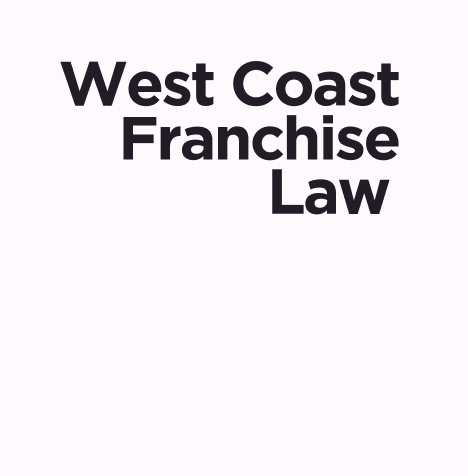A business is an investment — but it’s also a liability. There are always risks when you welcome customers and workers into your space. A customer could slip and fall, or an employee could burn themselves. Diners could come down with food poisoning. The building might catch on fire, flood, or be destroyed by a hurricane.
The potential pitfalls can make you sick with worry if you think about them for too long. On the one hand, concern over the safety of your business can help you keep up with best practices. But on the other hand, it can lead to sleepless nights and unnecessary anxiety. Having the right insurance to protect your business will give you peace of mind that everything will work out if an unforeseen or catastrophic event happens.
The first type of insurance any business needs is general liability insurance. It protects your business against claims resulting from customers injured on your property. But customers aren’t the only ones you need to worry about, so you should have workers’ compensation coverage to provide replacement wages and medical benefits to injured employees. In addition to being the right thing to do, do, workers’ compensation coverage will protect you from the liability of being sued by an injured employee.
Any franchise that serves food should also have food contamination insurance. Food contamination is a constant risk in the restaurant industry and causes expenses beyond liability for medical bills. Anyone with employees should also take out an employment practices liability policy to protect against discrimination, harassment, or wrongful termination claims.
Your business may have additional insurance needs. Those that use company vehicles will need auto insurance. Businesses that have expensive equipment might consider equipment breakdown coverage. It’s always wise to consider an umbrella policy to protect you above and beyond your other policies if a claim exceeds their maximum payout. And loss of business income insurance will cover your losses while you recover from an adverse event like a natural disaster.
Most importantly, ensure you’re working with an expert who can help you understand what insurance your business needs and the potential consequences of not having it. No one likes to spend large amounts of money on a “maybe.” But it certainly beats the alternative of being unprepared.

